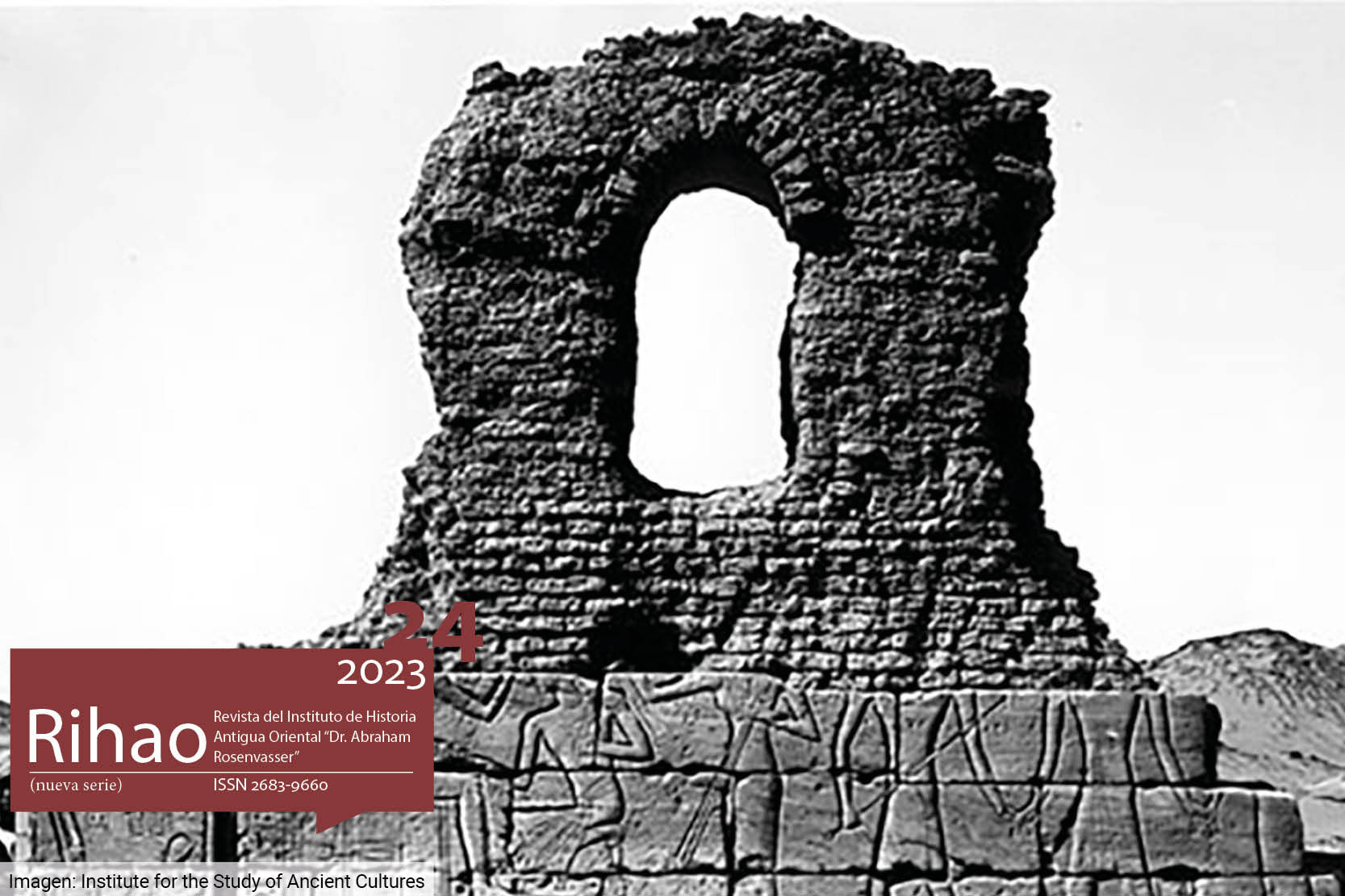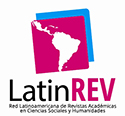Egiptología iberoamericana: balance y perspectivas
Resumo
¿De qué hablamos cuando hablamos de una egiptología iberoamericana? Semejante interrogante se compone de dos núcleos: uno apunta hacia la egiptología como disciplina; el otro a Iberoamérica como contexto específico. Por un lado, el último cuarto de siglo fue testigo de una tendencia a la consolidación de la egiptología practicada en los países del ámbito hispano y luso-parlante. Esa consolidación implica que las cuestiones egiptológicas se acercan en ellos a las que pueden plantearse en los países con mayor tradición egiptológica. En este contexto, dos sub-ejes para una discusión posible son los que ponen el foco en la dimensión académica (la capacidad de la egiptología para interactuar con otras disciplinas) y en la dimensión social (su relevancia más allá del campo académico). Por otro lado, hay un plano que apunta directamente a Iberoamérica: ¿hay algo que distinga a una egiptología iberoamericana de otras egiptologías practicadas en otras regiones? Una vez más, se abren dos posibles sub-ejes: uno se refiere a la doble cara de la tarea de los egiptólogos de habla hispana y portuguesa con respecto a sus audiencias; el otro apunta a una cuestión de identidad, que se basa en una cierta conciencia de pertenencia que puede favorecer perspectivas distintas a las de los países centrales.Downloads
Referências
Asante, M. K. (2007). An Afrocentric Manifesto. Toward an African Renaissance. Cambridge: Polity Press.
Babcock, J. M. y Nagel, A. (eds.) (2020). Repositioning Egyptologies. Conversations on Representations of North African Pasts in Art History and Museums. Nueva York: State University of New York. En línea: https://vimeo.com/562923147. [Consultado: 9-8-2023].
Carruthers, W. (2015). Histories of Egyptology: Interdisciplinary measures. Nueva York / Londres: Routledge.
Curtoni, R. P. y Paredes Mosquera, A. M. (2014). Arqueología y multivocalidad en la encrucijada. Aportes críticos desde Sudamérica, en: Rivolta, M. C., Montenegro, M., Menezes Ferreira, L. y Nastri, J. (eds.), Multivocalidad y activaciones patrimoniales en arqueología. Perspectivas desde Sudamérica. Buenos Aires: Fundación de Historia Natural Félix de Azara, 89-109.
Diop, C. A. (1979 [1954]). Nations nègres et culture. De l’antiquité nègre égyptienne aux problèmes culturels de l’Áfrique Noire d’aujourd’hui. París: Présence Africaine.
Langer, C. (ed.) (2017). Global Egyptology: Negotiations in the production of knowledges on ancient Egypt in global contexts. Londres: Golden House Publications.
MacDonald, K. C. (2003). Cheikh Anta Diop and Ancient Egypt in Africa, en: O’Connor, D. y Reid, A. (eds.), Ancient Egypt in Africa (Encounters with Ancient Egypt). Londres: Routledge, 93-105.
Matić, U. (2018). De-colonizing historiography and archaeology of ancient Egypt and Nubia, Part 1: Scientific racism, en: Journal of Egyptian History 11: 19-44.
Moreno García, J. C. (2017). Foreword, en: Langer, C. (ed.), Global Egyptology: Negotiations in the production of knowledges on ancient Egypt in global contexts. Londres: Golden House Publications, ix-x.
Moreno García, J. C. (2020). Introducción: Nuevas tendencias en Egiptología, en: Claroscuro 19 (2): 1-8.
Copyright (c) 2023 Marcelo Campagno

This work is licensed under a Creative Commons Attribution-NonCommercial 4.0 International License.





.jpg)







